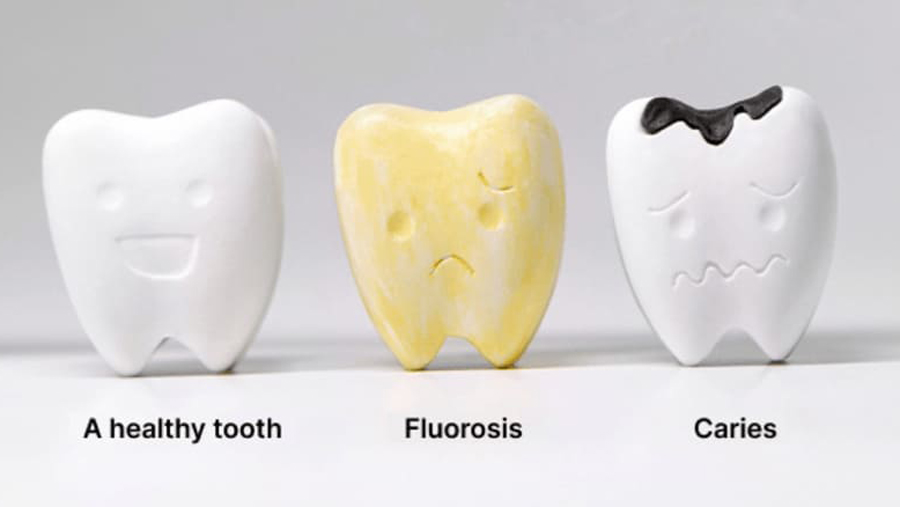Whey vs plant protein – When we talk about the billion dollar protein supplement industry, perhaps the most popular thing is about which one is better between whey protein vs. protein powder plant. Let’s take a further look at the reviews.
Both types of protein can indeed be made with quality ingredients, but there are still pros and cons between the two.
What makes a “quality” protein source?
Before we answer which is the best of the two, there is a fundamental question in this respect. It is about protein quality. But protein quality isn’t the only root cause and the pros and cons of whey proitein and plant protein. The point is you have to know what kind of protein is good for you to buy and according to your needs.
Ok, now let’s see what determines the quality of these protein sources.
There are two main ways to determine the quality of a protein source.
- Amino acid ratios and levels
- Digestibility of protein
Amino acid levels in vegetable protein Vs. animal protein
High-quality protein is usually embedded in proteins that contain all nine essential amino acids. The meaning of essential amino acids is amino acids that cannot be produced by the body independently but need a food supply for the body to obtain these amino acids.
Food sources that contain all the amino acids are called complete proteins. One essential amino acid is not there, so the protein cannot be called a complete protein, but protein is not complete.
Animal protein such as whey protein is a complete type of protein. Generally, they provide all nine types of essential amino acids. This amino acid is important for supporting growth and the body’s metabolic processes.
While vegetable protein usually has suboptimal levels of essential amino acids, it is not called a complete protein like animal protein.
Digestibility of Whey vs Plant Protein
Then, the quality of a protein must also be determined by the digestibility of the protein, which of the two types of protein has the best digestibility. So, good protein is digestible and when you eat it can be used directly by the body. So, it needs protein that has good digestibility so that it is immediately beneficial to health when eaten.
Experts rated protein foods using a digestive amino acid score or PDCASS. This figure is obtained by calculating the total protein consumed. Next, determine nitrogen intake versus stool extraction. The amount of nitrogen retained is higher than that which is disposed of as waste and is associated with a higher biological value.
Animal products such as dairy products from animals, meat, eggs, poultry, fish, have a higher biological value.
Meanwhile protein from plants such as legumes, nuts, seeds, has a lower biological value. This concerns the loss of essential amnino acids.
Low biological value seems to sound more negative and less favorable for plant protein. Consuming a sufficient amount of protein, and putting it in the right amount, this will give a positive value to the body’s nutrition.
Apart from protein quality, what is the difference between whey protein and plant protein
We mentioned at the beginning of the article that protein quality is what distinguishes whey protein and plant protein. However, this is not the only differentiator.
Each whey protein and plant protein has its own unique nutrition, apart from the protein itself.
Now let’s look at the benefits of whey protein and plant protein and what are the downsides to these two types of protein.
Whey Protein Benefits
This protein is animal based, so it certainly contains all kinds of essential amino acids. These include branched chain amino acids (BCAAs). It is beneficial in promoting muscle recovery and muscle synthesis. Furthermore, the whey BCAA concentration is higher and the bio-value is higher as well, hence some studies have noted more muscle protein synthesis for those who prefer to consume whey protein.
Let’s take a deeper look, whey protein is richer in calcium, healthy fats, and other compounds such as omega 3 fatty acids. So, it is important to remember that whey protein is more concentrated in these beneficial compounds than whey protein isolate. That’s because the concentrate has less protein and more space for the density of milk (where these compounds are located).
Also see: Benefits of Amino Acid Supplements
Negatives of Whey Protein
Whey protein is a dairy product, so it contains lactose, which is a type of sugar that is difficult for the body to digest. This property causes protein from animal products to be considered negative. But it has advantages from the other side that make it good for consumption.
Benefits of Plant Protein
Vegetable protein does not contain essential amino acids but it is high in antioxidants and fiber. These are two types of essential nutrients that are very little or even absent in animal protein.
Soy protein pulp is a concrete form of plant protein in that it contains all the essential amino acids. So, in terms of quality of vegetable protein, soybeans are the only material that has the highest quality among vegetable proteins.
Research shows that protein from hemp, peas and from rice contains essential amino acids. However, there is a lot of conflicting information and differentiate each product from the others.
Negatives of Plant Protein
Vegetable protein has a lot to offer, not just protein. However, there is information that says that vegetable protein does not contain essential amino acids. This reason causes many people who want to build muscle, it is impossible to take vegetable protein as an ingredient for consumption.
Even though it is possible to get all the amino acids from plant-based proteins, this requires carefulness and persistence in consuming them rather than animal protein. This is because vegetable protein contains more incomplete protein than complete protein content.
Also see: 4 Essential Things You Must Know about the Use of Antibiotics
Which is the best between whey protein and plant protein
When comparing whjey protein vs. plant protein, you must also look at your lifestyle, which one is more suitable for your life.
Vegetable protein has a higher nutrient level and is more environmentally friendly than whey protein. From this point of view, vegetable protein is superior to whey protein.
However, for those of you who aim to consume protein to gain muscle mass, whey protein is more beneficial for you.









